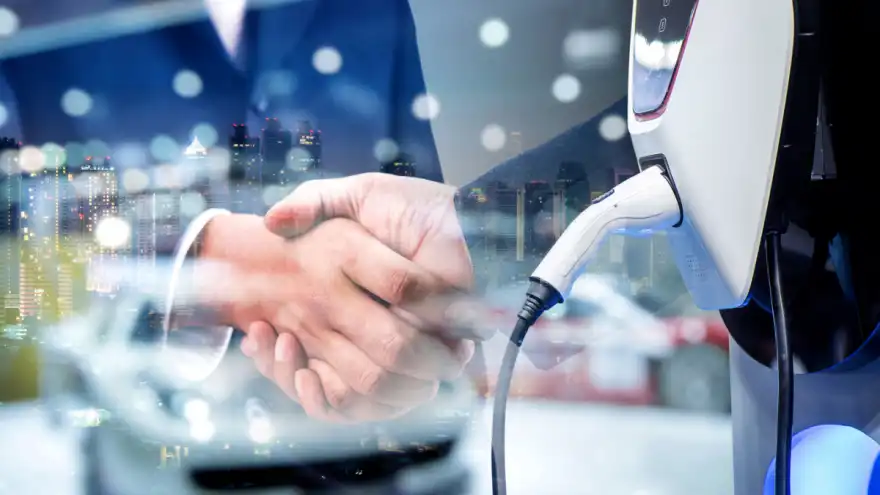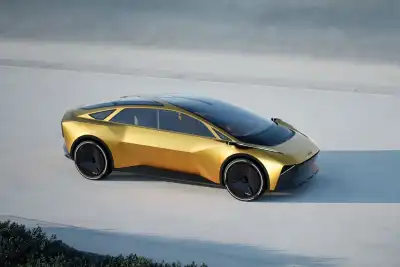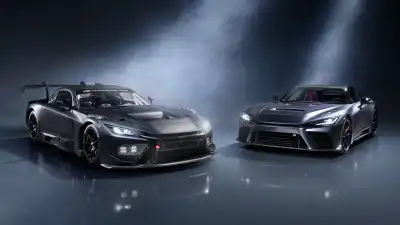
The Labour government is expected to bring back the 2030 ban on new petrol and diesel cars, according to exclusive reports. Although this wasn’t mentioned in the King's Speech, the Department for Transport has said more details will follow soon.
Sources in the auto industry have confirmed that they've received similar communications from the Office for Zero Emission Vehicles (OZEV). This aligns with Labour's promise during the election to restore the 2030 deadline, which had been pushed back to 2035 by the previous Conservative government.
While the industry is waiting for clarity on whether this ban will also apply to hybrid vehicles and vans, many manufacturers will likely welcome the reinstated date, as they've been planning for it behind the scenes for years. However, some concerns remain, particularly around the balance between incentives for consumers and penalties for manufacturers.
The Zero Emission Vehicle (ZEV) Mandate, introduced earlier this year, may need to be revisited as the 2030 ban comes back. This law currently requires automakers to steadily increase the percentage of electric vehicle (EV) sales by 2035, but with the restored 2030 ban, the timeline might change.
As for consumers, the price of EVs has dropped significantly, with models like the Dacia Spring starting at £14,995 and more affordable options expected in the next few years. Despite this, financial concerns remain a major barrier for many potential buyers, especially after the government ended the Plug-in Car Grant in 2022.
Labour’s manifesto has promised to support the transition by investing in charging infrastructure, removing barriers to charge point installations, and setting binding targets for EV rollout. The UK currently has over 64,000 public charging devices, but it’s still far behind its target of 300,000 by 2030.
The previous government postponed the 2030 ban due to financial concerns, with Rishi Sunak highlighting the need for consumer choice and more affordable EVs. However, industry leaders warned that delaying the transition would create uncertainty and stall progress in the EV market.
With Labour now set to restore the 2030 ban, the focus will be on how the government supports both manufacturers and consumers during the transition.
Do you agree with moving the ban back to 2030 or do you think the industry needs more time to prepare? Let us know your thoughts in the comments...


